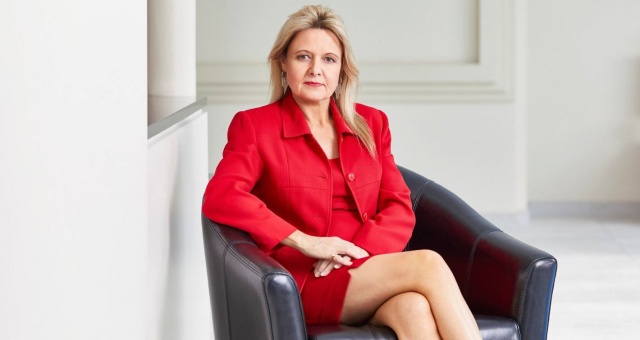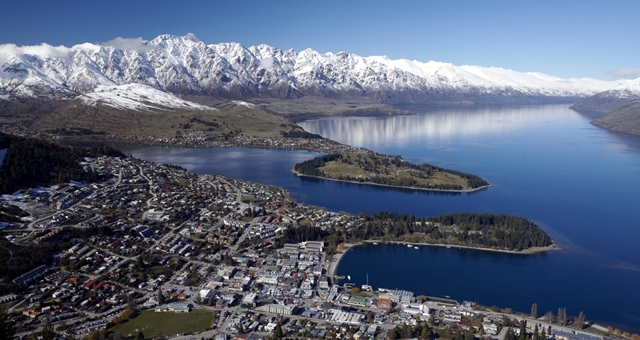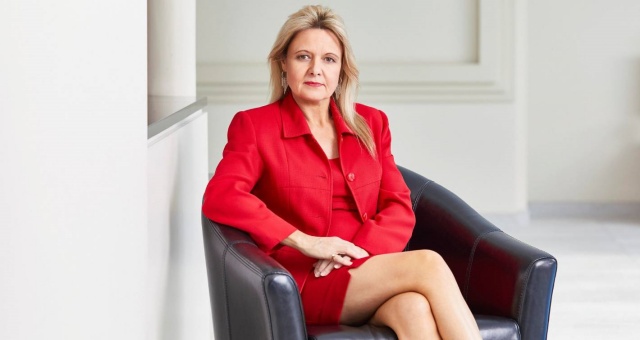
Frustration is building within the accommodation and wider tourism industry at the increasing variety of taxes, levies, fees and charges being implemented by local and national governments across New Zealand.
Leading the charge at the New Zealand Hotel Industry Conference in Auckland yesterday was Scenic Hotel Group Executive Chairwoman, Lani Hagaman, who said the industry cannot be viewed as “low-hanging fruit” whenever the country needs to bolster its revenues.
It was in reference to Auckland’s controversial “targeted rate proposal”, which aims to slug hotel operators with an additional “bed tax” to bolster city council revenues by as much as $27.8 million instead of spreading the impost more evenly across all of Auckland’s ratepayers to the tune of around NZ$0.90 cents per week each. The matter continues to be challenged in the NZ High Court.
Hagaman turned her aim to the South Island, revealing another of New Zealand’s local councils was attempting to shore up its finances through a new charge on tourism.
“The Queenstown accommodation levy is as flawed in terms of fairness as was the Auckland targeted rate,” Hagaman said.

“Again, the accommodation providers are being singled out and targeted to bear the financial burden on behalf of the wider tourism industry.”
Hagaman’s sentiments were soundly backed by her industry peers, both from hotel groups and destination organisations, with widespread agreement that lawmakers need to consult with the industry before opening the cash registers.
“We accept tourism DOES have to pay its share toward the Regional infrastructure funding and marketing programs, however, the accommodation providers are only a very small part of this industry and they are being asked to bear the financial burden on behalf of all parties.
“I personally support the TIA’s final analysis of this issue where they concluded that the cleanest and fairest method for collecting a contribution from visitors is the GST system,” Hagaman continued.

Accor Chief Operating Officer – Pacific, Simon McGrath called for a calm and calculated approach to the issue at hand.
“The discussion around taxes is creating a divide between government and industry, whether it be local government or central and that, logically, is not a good place to be in for the economy. That gap needs to be bridged,” McGrath told HM.
Speaking onstage in a one-on-one interview session, SkyCity Entertainment Group CEO, Graeme Stephens, shared the views of the room and added his own unique take on the issue.
“To ask a minority to pay instead of a majority who should pay, it’s a joke,” he said.
“The government has been very good at collecting the golden eggs. It’s about time it fed the golden goose.”

